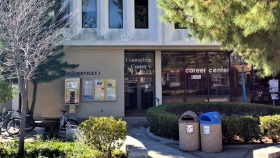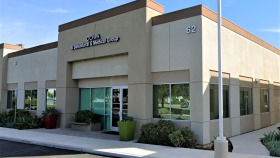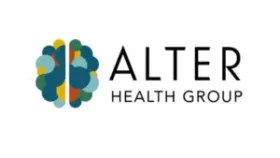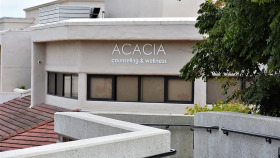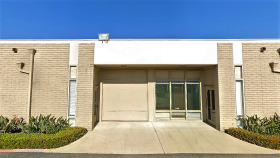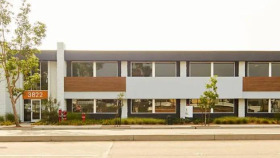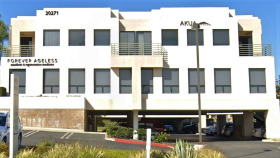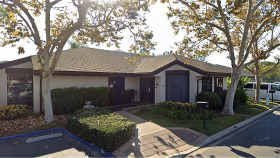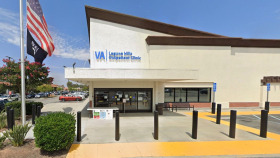Expert Insights
I read about a really interesting research project being conducted in Irvine, California. The $3.5 million dollar project is set to run for five years with a goal of understanding the opioid crisis on a much deeper level. Funded by the National Institute on Drug Abuse through an initiative to encourage research innovation, experts from the School of Biological Sciences and the School of Medicine, and the Irvine Center for Addiction Neuroscience will be specifically examining how genes are affected when early life adversities are experienced. More importantly, they’re looking to find out how those early adversities influence or impact the likelihood of developing an addiction in adulthood.
~ Lesley Wirth
How Expensive is Drug Rehab in Irvine?
The cost of care in Irvine varies based on factors like the number of substances used, the location, the level of care, and the duration of care. For example, you can expect to pay more for inpatient than outpatient treatment.
If you receive treatment for more than one substance, you can expect to pay more for each additional substance. The property value in the neighborhood of the facility can also influence your cost since neighborhoods with high socioeconomic values have been associated with increased costs. You are also likely to pay more for care if you stay there for a long period.
Are There Low-Cost and Free Drug Rehab Centers in Irvine?
State-funded facilities and detox centers in Irvine receive money from the state and federal government and provide access to people with low incomes who would otherwise not be able to afford care. Your eligibility for Medicaid is based on Medi-Cal, the state-funded program that provides free or low-cost drug or alcohol rehab in Irvine. To qualify for Medi-Cal, you need to meet one of the following criteria:
- Blindness
- Age 65 or older
- Pregnant
- Age 21 or younger
- Refugee status
- Live in an intermediate home or skilled nursing facility
- Have received cervical cancer and/or breast cancer screening
- A caregiver-relative or parent of an age-eligible child
You may also qualify for Medi-Cal if you receive support from refugee assistance, CalFresh, CalWorks (AFDC), foster care or adoption assistance program, or SSI/SSP.
How Does Irvine Compare in Alcohol and Drug Use?
Irvine, California, is home to more than 336,000 people, making it the 11th-largest city in the state and the 56th-largest city in the United States. It offers trails and parks, scenic views, and urban living. However, Orange County has continued to see rising rates of drug overdose deaths. From 2017 to 2021, the rate of death due to opioid overdose nearly tripled, from 7.9 deaths per 100,000 to 23.2. If you or someone you love is battling substance abuse and addiction, there are more than 230 accredited alcohol and drug rehab centers in Irvine that can help put you on the path to recovery.
Irvine is located in Orange County, California. Statistics from the 2018-2020 National Survey on Drug and Alcohol Use conducted by the Substance Abuse and Mental Health Services Administration (SAMHSA) showed the following for people 18 years and older in Orange County:
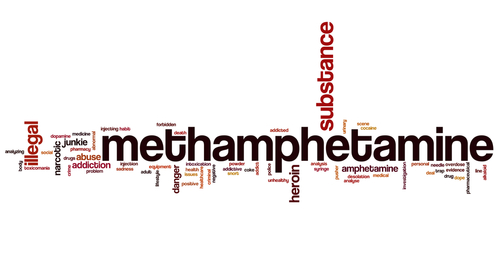
Nearly 1% reported using methamphetamines in the past year
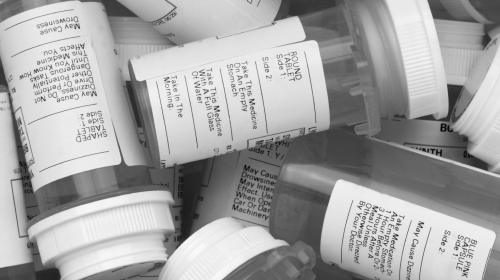
About 4% reported prescription pain reliever misuse in the past year

Close to 53% reported alcohol use in the past month

Nearly 22% reported binge alcohol use in the past month
Alcohol and Drug Laws in California
Getting treatment for drug or alcohol addiction in Irvine, CA, should not be too much of a hassle. California has a few laws that make it easy to receive the care you need. The insurance laws and Good Samaritan Overdose Protection law increase access to treatment.
Insurance Laws in California: If you choose a drug rehab in Irvine, you may get full coverage from your insurance provider. California insurance law provides an extension of federal laws increasing access. Under California’s Mental Health Parity Act, all insurers and commercial insurance plans are required to cover substance use disorders fully. Commercial insurance plans are required to: Provide coverage for all medically necessary
interventions
- Provide coverage in the inpatient and outpatient setting
- Avoid limiting the duration of coverage
- Make arrangements for out-of-network services when necessary
- Avoid limiting benefits with coverage from a public program
Good Samaritan Overdose Prevention: California laws protect you from legal problems if you help with an overdose. California’s 911 Good Samaritan law may protect you from arrest, prosecution, or charges when you help someone experiencing a drug overdose. You can get help for your friends and family experiencing an overdose in Irvine, California, without concerns of running into trouble with law enforcement.
Resources
- Irvine, California Population 2021 (Demographics, Maps, Graphs). (n.d.). Worldpopulationreview.com.
- Opioid Overdose & Death in Orange County | Orange County California – Health Care Agency. (n.d.). Www.ochealthinfo.com.
- State of California. (2022, February 28). Do You Qualify for Medi-Cal Benefits?
- U.S. Department of Health & Human Services. (2021, December 1). Mental Health and Substance Use Insurance Help.
- State of California. (2022, March 8). Substance Use Disorder (SUD) Services – Expanded Benefits.
- California Department of Managed Health Care. (2022). Behavioral Health Care.


